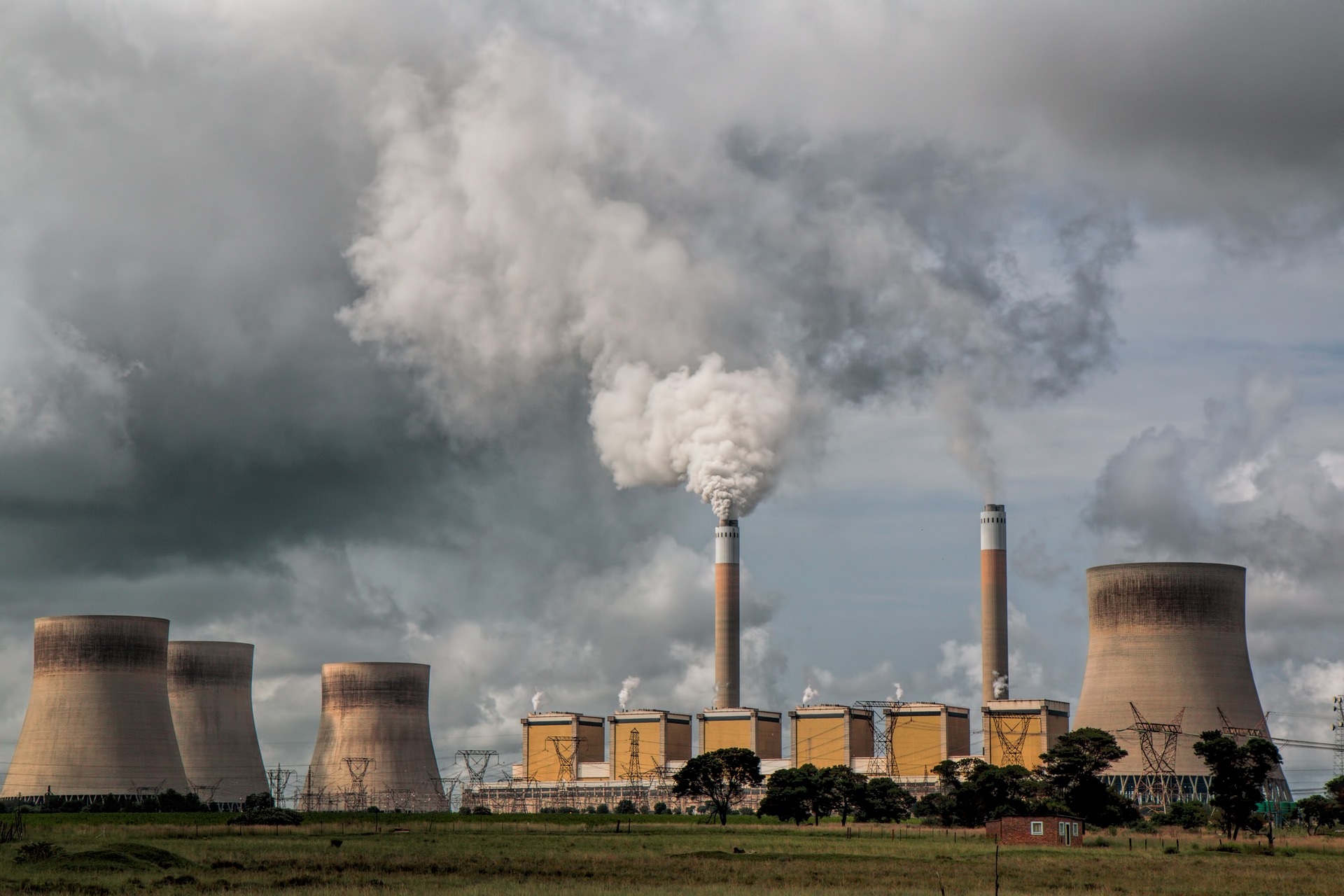Nuclear power is set to play a significant role in Poland’s energy future as the country
seeks to diversify its energy portfolio and reduce its heavy reliance on coal. With the largest coal reserves in Europe and being the second-largest coal producer on the continent, Poland has traditionally relied on coal for its electricity generation. However, in recent years, there has been a growing recognition of the need to transition to cleaner and more sustainable energy sources.
Coal dominance
In 2020, Poland’s total electricity generation reached 158 terawatt-hours (TWh), with coal accounting for 69% of the mix. Other sources included natural gas (11%), wind (10%), biofuels and waste (6%), hydro (2%), and solar (1%). The country also imported a net of 13.3 TWh of electricity. As domestic demand continues to grow, Poland’s export levels have reduced, signaling the need for additional power generation capacity.
To address these challenges and meet the European Union’s climate policy targets, Poland has outlined its energy policy until 2040, known as PEP2040. The policy aims to increase the share of renewable energy sources to 23% by 2030, up from the current 13%. It also includes plans for a significant reduction in coal use and an increase in wind energy, particularly from offshore wind farms in the Baltic Sea.
Atomic arrangements
One of the key components of Poland’s energy strategy is the development of nuclear power. The government plans to commission the country’s first nuclear power reactor in 2033, with subsequent units to follow every two years. The estimated investment for the nuclear program is around PLN 140 billion (approximately $34 billion). The Ministry of Energy forecasts the construction of 6 to 9 gigawatts of nuclear capacity, replacing coal-fired generation.
To realize its nuclear ambitions, Poland has been in talks with potential partners, with the expectation that a foreign partner would hold a significant stake and provide reactor technology. In June 2019, Poland signed a bilateral agreement on civil nuclear cooperation with the United States, signaling its intention to seek collaboration in the nuclear field. The government plans to establish a special-purpose company, Polish Nuclear Power Plants (PEJ), to lead the investment. PEJ aims to secure a partner for a 49% stake, with the state holding the majority 51% share.
In October 2022, Westinghouse was selected to build Poland’s first nuclear power plant, with the exact location yet to be confirmed. Another agreement was signed between Westinghouse and PEJ to outline the next steps, including site layout, licensing, engineering services contracts, and procurement and construction planning services.
Nuclear Turbulences
While progress is being made, the development of nuclear power in Poland still faces challenges and opposition. Compliance with EU competition procedures and the inclusion of several bidders in the new build tender are among the requirements set by the European Commission. Some German states bordering Poland have expressed opposition to the plans, citing concerns about safety and environmental impacts.
Despite the challenges, Poland remains committed to its nuclear power program as a crucial component of its energy diversification and transition to cleaner sources. With its first nuclear power plant expected to be operational in 2033, Poland is taking significant steps towards achieving a more sustainable and secure energy future.
Bibliography:
Article written is based on information collected by the World Nuclear Association. “Nuclear Power in Poland”, URL: https://world-nuclear.org/information-library/country-profiles/countries-o-s/poland.aspx
Jan Pawłowski


